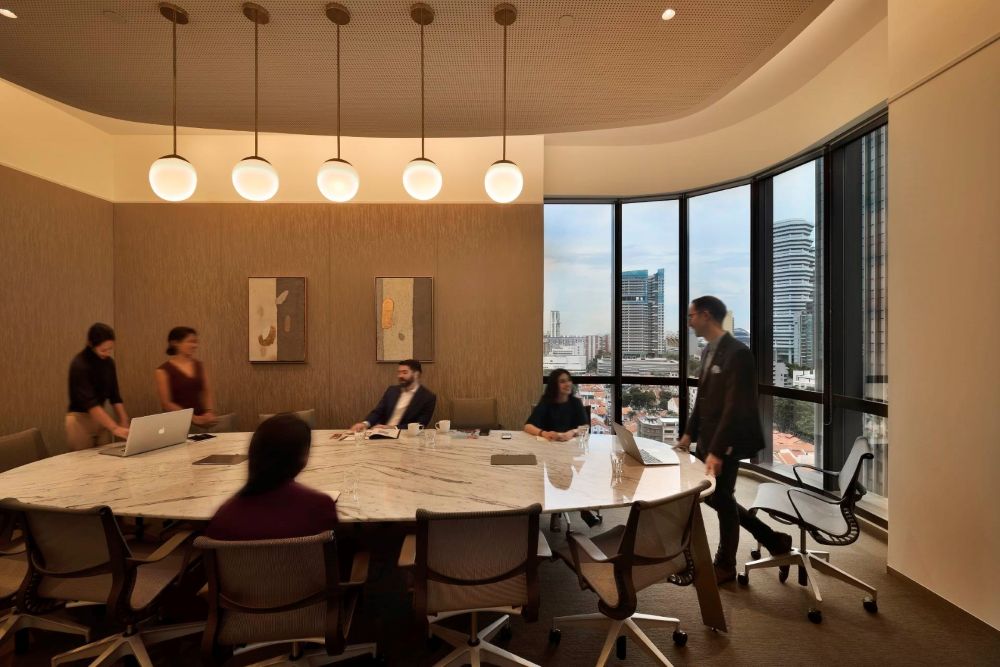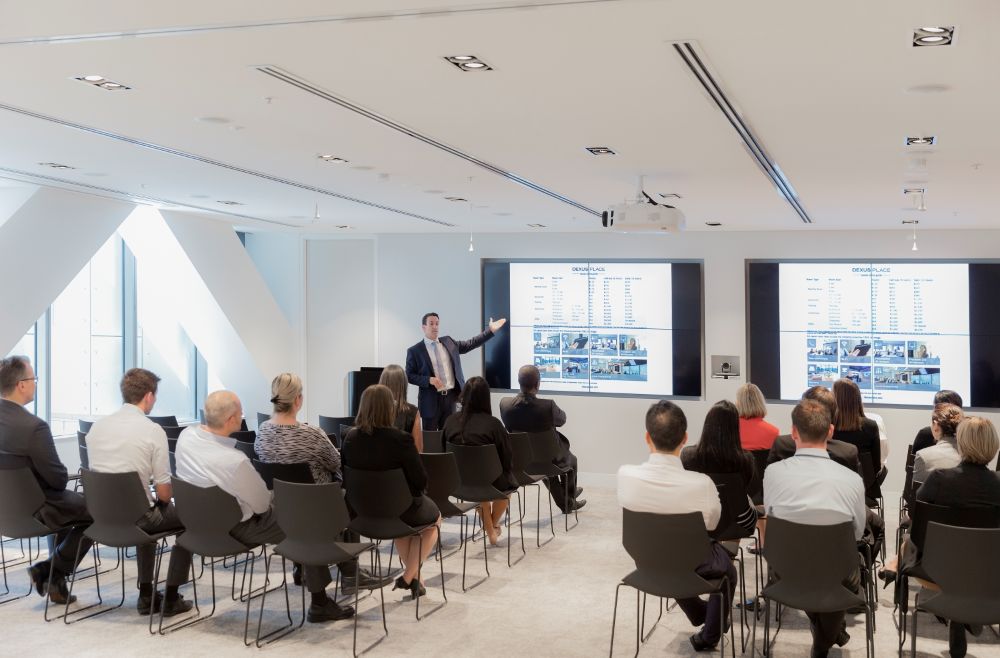With nearly 1 in 2 Australian employees reporting that they feel burned out at work, the call for better work-life balance has become more than just a buzzword — it’s a business essential. Especially in Australia, where workplace culture increasingly values flexibility and employee wellbeing, companies must adapt if they want to retain top talent. But how can a company improve work-life balance in a way that feels meaningful and sustainable?
This guide explores how to improve work-life balance for employees in Australia, offering tips and practical steps that help companies foster a healthier, more productive environment where people can thrive both professionally and personally.
Why Work-Life Balance Matters in Australia
Employees are reassessing what they want from their careers. The traditional 9-to-5 grind is giving way to hybrid workspaces, flexible schedules, and a growing demand for purpose-driven culture. In fact, reports show that work-life balance often ranks higher than salary when Australians choose a new role.
For employers, ignoring this shift can mean higher turnover, lower engagement, and increased burnout. On the other hand, setting up a company culture that prioritises balance can improve morale, attract top-tier talent, and boost productivity.
1. Redefine Flexibility with Hybrid Workspaces
Offering flexible work options is one of the most effective ways to support work-life balance. This can include remote work, flexible hours, or access to coworking spaces and short-term office rentals that suit individual work styles.
For businesses that don’t need a fixed setup, short term office space in Australia — especially in CBD areas — offers an agile and professional solution.
2. Set Clear Boundaries Between Work and Life
Improving employee work-life balance starts with respecting personal time. In many organisations, employees feel pressure to remain “always on,” even after hours. This creates a culture of burnout that can be difficult to reverse.
Leaders should model boundary-setting by:
- Avoiding emails or messages outside working hours
- Respecting scheduled leave or personal time
- Encouraging breaks and digital detoxes
These simple shifts show employees that their time is valued, not just their output.
3. Promote Wellness Through Company Culture
Improving employee wellbeing isn’t just about hours worked. A healthy work culture supports mental, physical, and emotional health.
In Australia, wellness initiatives are now standard in many workplaces. These can include:
- Subsidised gym or yoga memberships
- Access to mental health resources or EAPs
- Optional mental health days or recharge leave
- Outdoor team-building or wellness activities
Embedding wellness into your everyday culture shows that employee health isn’t an afterthought — it’s a priority.
4. Focus on Outcomes, Not Hours
Productivity doesn’t always mean clocking in long hours. More companies are shifting to results-driven models, where performance is measured by outcomes — not time at a desk.
Using performance-based KPIs and allowing employees to self-manage schedules helps foster autonomy. This model works especially well for startups and creative teams, where innovation thrives in flexible environments. Many hybrid workspaces in Australia are designed to support this style of working.
5. Encourage Regular Use of Paid Leave
Many employees hesitate to take leave, fearing they'll fall behind or seem less committed. However, unused leave contributes to fatigue, lower engagement, and long-term dissatisfaction.
Employers should normalise and actively promote time off by:
- Reminding employees to plan their leave
- Encouraging complete disconnection while on holiday
- Leading by example — with managers taking their own time off
When people feel safe to rest, they return more energised and productive.
6. Know Your Employees' Individual Needs
When considering how to increase work-life balance for employees, a one-size-fits-all policy isn’t enough. Employees at different life stages — new graduates, working parents, or mid-career professionals — all have unique needs and challenges.
Invest time in understanding your team. Some may need private office access to concentrate, while others may prefer the social energy of coworking spaces. Offering options shows respect for individual working styles and personal lives.
7. Make It Safe to Ask for Help
A supportive workplace is one where people aren’t afraid to raise their hand when they need help. Encourage open communication, create check-in points with managers, and normalise conversations around workload and stress.
This isn’t just about avoiding burnout. It's also about creating a more inclusive, collaborative culture where employees feel seen and supported.
8. Lead by Example
Leadership sets the tone for workplace culture. If managers glorify late nights or skip vacations, employees will follow suit — even if the company says it values balance.
Instead, leaders should:
- Take regular leave themselves
- Avoid over-scheduling meetings
- Acknowledge when the team needs to slow down
- Be transparent about managing their own balance
Employees take cues from what leaders do, not just what they say.
9. Address Toxic Behaviours Early
Even with flexible policies and great perks, a toxic team dynamic can erode everything. Micromanagement, poor communication, or subtle workplace bullying can destroy employee trust and wellbeing.
Stay ahead of issues by:
- Running regular feedback loops and anonymous surveys
- Offering accessible HR support
- Acting decisively when problems arise
Building a safe, respectful environment is fundamental to long-term employee satisfaction and retention.
10. Create the Right Workspace for Balance
Environment matters. The right workspace can dramatically affect employee mood, motivation, and overall balance. That’s why many companies, especially startups, are choosing modern, well-designed coworking spaces or private offices that promote productivity and comfort.
At The Work Project Australia, we provide future-ready workspaces tailored to hybrid teams, growing businesses, and organisations that value their people. Whether you need a dedicated desk, a collaborative open-plan office, or short-term office space, our solutions are designed to support balance, flexibility, and success.
Support Work-Life Balance with the Right Workplace

A brightly lit, modern coworking space with a reception desk, lounge seating, and work areas.
Creating better work-life balance for employees in Australia goes beyond surface-level perks. It’s about building a culture rooted in respect, flexibility, and support, backed by the right leadership and environment.
When businesses invest in both people and place, they create space for real balance — where employees thrive, and performance follows.
Ready to rethink your workplace?
Explore The Work Project's hot desk offices and private office spaces across Sydney, Brisbane, Melbourne and Perth to find a potential hub for fostering crucial connections that can propel your startup to its next level of success.






